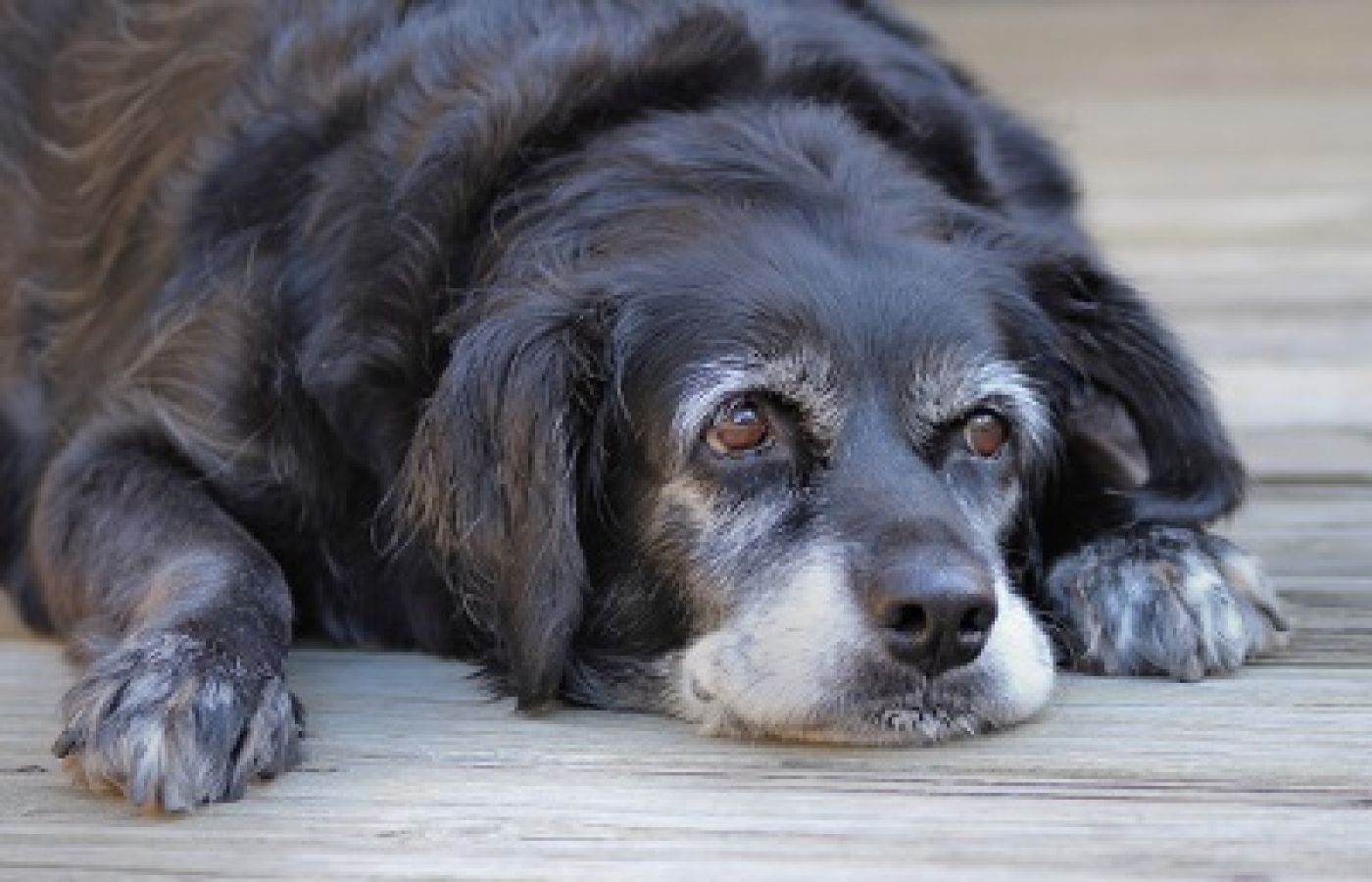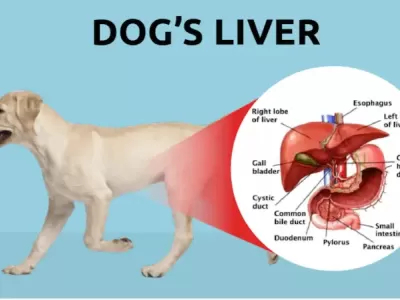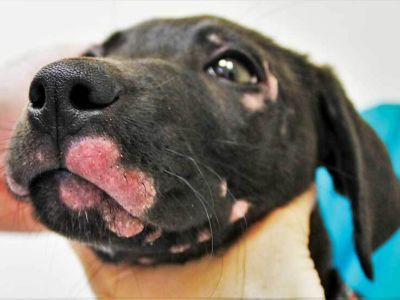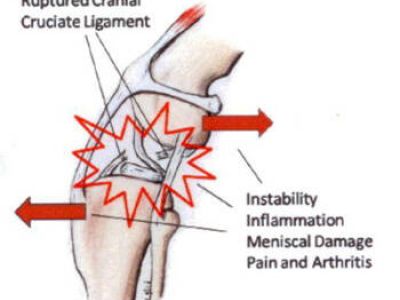Doggie Dementia

It has lots of names; doggy dementia, canine Alzheimer’s, canine brain ageing, canine senility, or canine cognitive dysfunction syndrome (CDS). This can get confusing – especially for owners – but they all mean the same thing and it is more common than you think.
CDS is a progressive neurodegenerative disorder of senior dogs. It is characterised by a gradual loss of memory and learning and reduced problem- solving ability. The clinical signs are progressive and not easily diagnosed in a consultation. The behavioural changes associated with CDS are more obvious to pet owners at home, than they are to a veterinarian.
The brains of older dogs develop similar neuro-pathological features to the brains of elderly people. The behavioural signs of cognitive dysfunction in dogs are identified by the acronym “DISH.”
DISORIENTATION – Confusion, aimlessness, appears lost, decreased alertness, inability to recognise family members.
INTERACTION CHANGES – no longer greets family members, welcomes petting or asks for attention.
SLEEP or ACTIVITY CHANGES – sleeps more during the day/or less at night, wanders around the house at night, paces, pointless barking at night.
HOUSE TRAINING LOST - doesn’t ask to go outside, frequent accidents, loss of bladder or bowel control.
The signs are progressive and early in the disease, may come and go, but as the disease progresses the signs become more apparent. The pet has “good days” and “bad days” but gradually worsens.
Many owners don’t discuss these changes with their vet as they see the changes as an inevitable part of ageing. However, there are definitely things we can do to make a difference to these patients through diet, environmental enrichment and medical management.
Dietary therapy has been shown to combat signs of brain ageing and improve the learning ability of older dogs. The principle is to protect against damage to nervous tissue.
Behavioural enrichment can be attained through increased physical activity, exercise on a lead for 30- minutes, twice weekly or environmental enrichment. This may be by being housed with another dog or toys that are rotated weekly to increase stimulation.
Drug therapies are also available for the management of cognitive dysfunction in dogs. Individual assessment needs to be made.
In summary, CDS is a common problem in older dogs that can drastically impact on the human animal bond. Owners are the best people to diagnose change in their own animals. With ageing pets there are the behavioural questions to ask, but also ageing questions relating to dental health, osteoarthritis, incontinence, to name a few. When you next have a health check, don’t hesitate to mention any behavioural changes as there are multiple ways to support our best friends and give them a better quality of life for longer.



